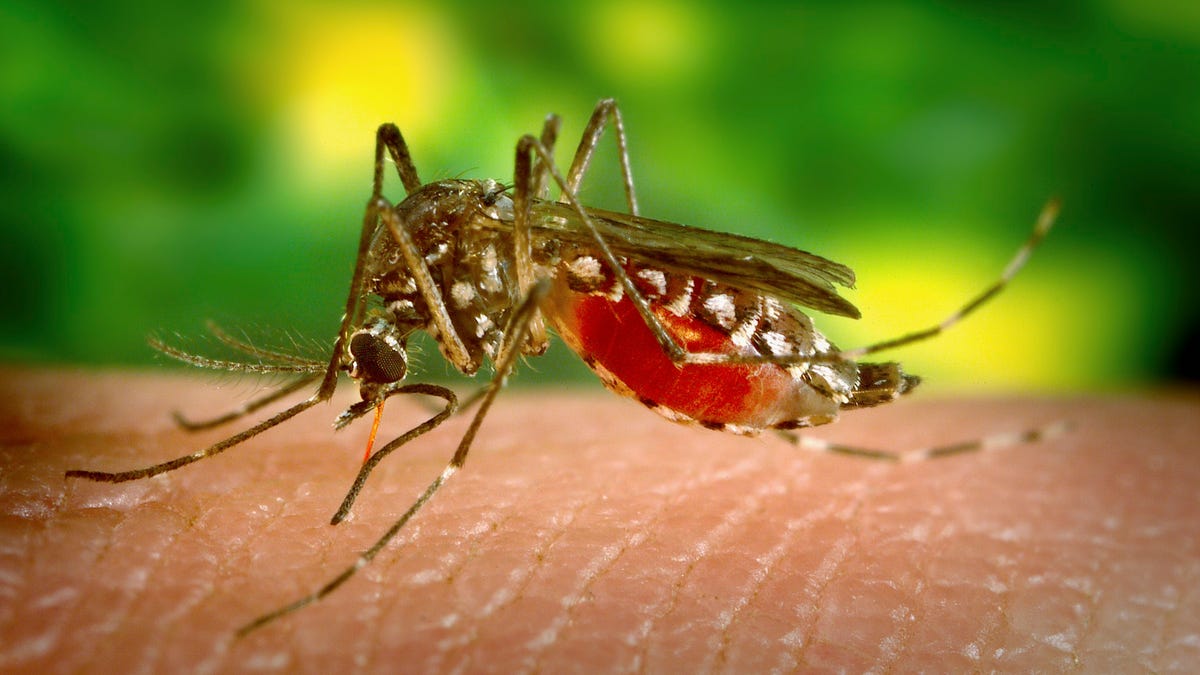Google throws its computing brains into tackling the Zika virus
The tech giant hopes to help Unicef and other nonprofits ambush the virus by predicting where to focus resources. Oh, and it's throwing in a million bucks, too.

Before the mosquito-borne Zika virus hit Latin America hard last November, almost no one outside of the region had ever heard of the disease. Four months later, the trend is reversed. Zika has popped up in headlines and casual conversations across the globe.
Much about the virus remains a mystery, and not just to the non-medical folk of the world. Zika is tricky to identify, to map and to contain. It doesn't help that four in five people with the virus don't show any symptoms.
Now tech giant Google has decided to throw its vast processing power behind the mission to understand the disease and try to get ahead of its spread. The company said in a blog post Thursday that it has partnered with children's charity Unicef, lending engineers to the cause and donating $1 million to support the charity's work on the ground.
In an attempt to map the virus and anticipate its next moves, the Mountain View, California, company is using its data crunching abilities to analyzing the vast amounts of Zika-related information at scale and at speed.
Epidemics rapidly spread across the globe in today's interconnected world. At the same time, new technology also is profoundly changing how we understand and fight them.
Whether it's SARS, Ebola or Zika, tackling every new epidemic that strikes requires cooperation from nonprofit organizations, the science community and governments. Big tech companies can also play a role, too. In a TED talk last March, Microsoft founder-turned-philanthropist Bill Gates criticized the inefficiency with which the Ebola crisis was handled and pointed out the need for data-crunching technology to improve the response to future epidemics.
It is exactly this kind of technology that Google is hoping to provide now that we are faced with Zika.
Engineers will gather data about weather and travel patterns to create visualizations about where the disease might go next. The information will be passed to Unicef, governments and other nonprofit organizations that can use it to decide where to focus time and resources.
The aim is ultimately to get ahead of the virus to try and stop it in its tracks.
As with other tech tools that emerge from disaster responses such as Google's Person Finder and Facebook's Safety Check feature, Google is hoping the tools it creates to combat Zika will also be used in future emergencies.
Since Zika landed in Latin America last November, Google said it has seen a 3,000 percent increase in global search interest about the disease. The company therefore added what Google.org Director Jacqueline Fuller describes as "robust information" about the virus in 16 languages directly into search results.
"We hope these efforts are helpful in fighting this new public health emergency, and we will continue to do our part to help combat this outbreak," Fuller said.

